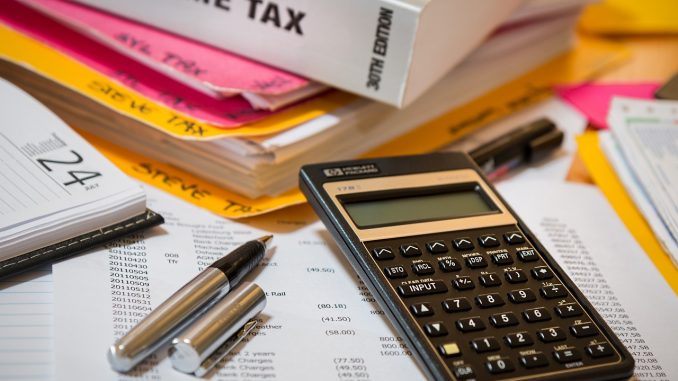
Taxation of music is inevitable; it is a business after all and Government will always want their share of the pie, however small that pie is. But when taxation in one form or another impacts a musician’s ability to create, we should all worry.
In the 2014 budget George Osborne quietly implemented adding VAT to digital services, including music. In April 2020 VAT was scrapped on e-Publications. The big beneficiaries there of course were the likes of Rupert Murdoch and Viscount Rothermere and their newspaper empires. With post-Brexit rules for sending physical products to the EU confused to say the least, where that leaves selling of digital music in the supposedly border-free world of the internet is anyone’s guess.
The Reasoning were an up-and-coming Progressive Rock band from Wales. One of the factors they cited as relevant to their split in 2015 was the imposition of VAT on downloads in the U.K. The accounting costs moved their Bandcamp sales from acceptable to untenable. In the 2025/26 tax year, Making Tax Digital for businesses with a turnover of £30,000 or more comes in. That means using a recognised platform to submit quarterly tax returns, so more paperwork, and more money spent on accounting. After being self-employed for 10 years, I can tell you that for me, who barely qualifies as a micro-business, this is a burden I could do without.
But it’s not just the UK. The new European Digital Markets Act (DMA) “establishes a set of clearly defined objective criteria to identify “gatekeepers.” Gatekeepers are large digital platforms providing so-called core platform services, such as for example online search engines, app stores, messenger services.” And in the un-regarded world of digital music, any artist with their own store, as well Bandcamp, Spotify and 7 Digital will have to work out what they should now be doing.
Bandcamp’s page on worldwide taxes goes on for miles, with explanations relating to as many jurisdictions as they can find. In the end they give up: “For specific guidance, please contact a tax professional. We are unable to advise on specific tax situations.“
This may all sound like doom, gloom, and despondency and why should you care anyway? Because it directly impacts your ability to hear from your favourite artists. The tax regime in the UK is seriously screwed for most working people, but with many artists also having day jobs their position becomes confused to the point that they are spending more time unraveling their bookkeeping than creating music.
The turnover threshold for registering for VAT is £85,000, and it has been since 2017. Following the next election if Rachel Reeves is in the Chancellor’s chair, this needs looking at urgently, as with inflation and other factors over the last six years, the VAT threshold catches some very small businesses with yet another mountain of paperwork and cost.
Winston Churchill said in 1904 that, “a country which tries to tax itself into prosperity is like a man standing in a bucket and endeavouring to lift himself up by the handle.” This applies especially to the arts world where income is uncertain, and often precarious. Maybe it’s time to make this an issue and speak out in favour of tax breaks that allow creative people room to breathe, create, and generate income which can then be taxed fairly.
Billy Bragg suggests that people who pay taxes expect certain things — schoolbooks, hospital beds and peace. So, if we are going to be taxed, let’s have some of that.



Brilliant article highlighting a really important area that is both hidden and divisive in many ways
Thanks Keith it absolutely is. I think a lot of people miss the fact that musicians are small businesses and have all the penalties that entails heaped upon them.